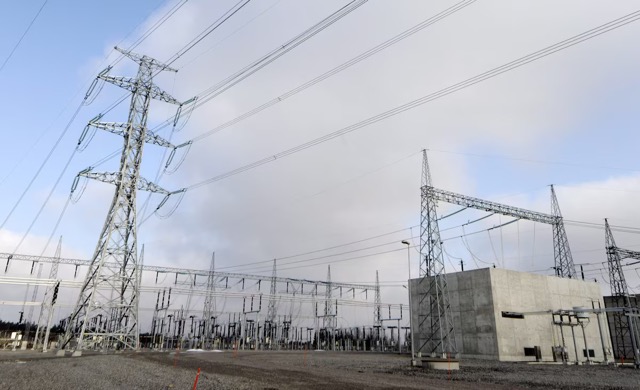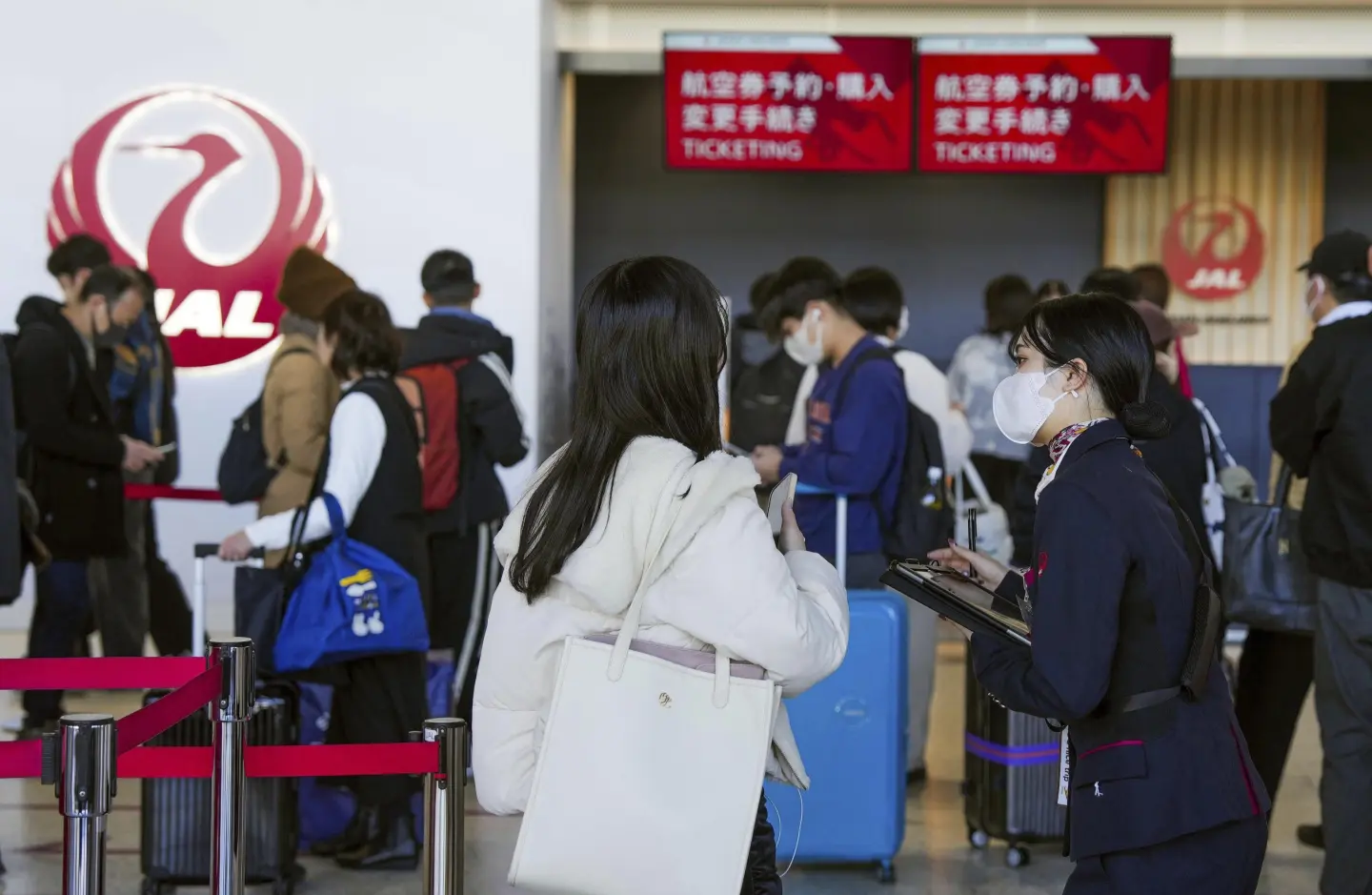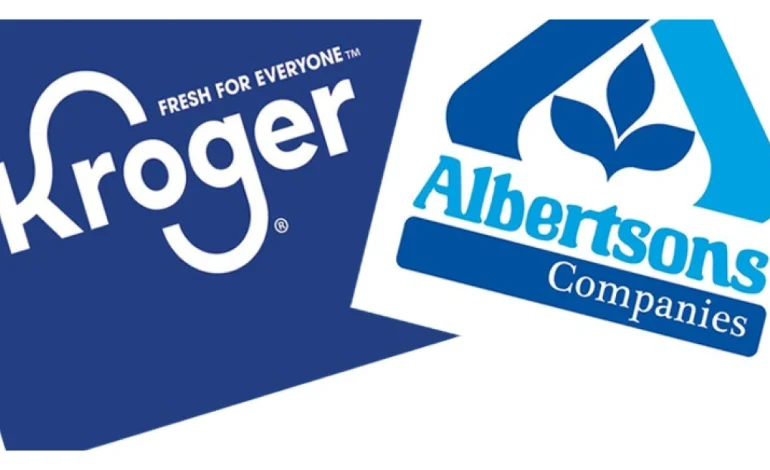A proposed merger between grocery giants Kroger and Albertsons, which could significantly affect Wyoming’s grocery landscape, is currently under judicial review, Gillette News Record reports.
The Federal Trade Commission (FTC) filed a lawsuit in February to block the $24.6 billion deal, citing concerns over reduced competition, higher prices, and potential impacts on workers. Attorneys general from eight states, including Wyoming, have joined the FTC in opposing the merger.
If the merger is approved, it would result in the sale of 579 Kroger and Albertsons stores to a third party, C&S Wholesale Grocers, including five stores in Wyoming located in Gillette, Cheyenne, Casper, Jackson, and Rock Springs. These stores would be transferred as part of a broader effort to prevent monopoly concerns in local markets.
The lawsuit claims the merger would create the largest supermarket consolidation in US history, eliminating competition between Kroger and Albertsons, which are two of the largest union employers in the country. This, the lawsuit argues, could lead to increased grocery prices and reduced wages for workers.
“This merger, if allowed, would result in higher grocery prices for millions of Americans and lower wages for hundreds of thousands of grocery workers,” the lawsuit states.
The concern is that the merger would weaken the unions representing workers at both companies, potentially undermining wage and benefit negotiations.
The court issued a ruling on Thursday to pause the merger while a final decision is pending. Meanwhile, lawsuits opposing the merger are also underway in Colorado and Washington state.
Kroger, based in Cincinnati, operates 2,800 stores across 35 states, including chains such as Smith’s, King Soopers, and Ralphs. Albertsons, headquartered in Boise, Idaho, operates 2,273 stores in 34 states, including Safeway and Jewel Osco. Together, Kroger and Albertsons employ over 700,000 people nationwide and would account for about 13% of US grocery sales if the merger proceeds.
Critics argue that allowing such a merger would concentrate market power among fewer companies, reducing competition and potentially driving up prices. Grocery prices in the US have risen over 21% since August 2020, with major chains like Walmart, Kroger, and Costco currently dominating the market.
Supporters of the merger, including Kroger, argue it would result in lower prices and higher wages by making the company more competitive with non-unionized rivals like Walmart and Amazon. Kroger claims that blocking the merger would benefit these large, non-unionized companies the most.
The Stop the Merger Coalition, which represents over 100,000 workers from the United Food and Commercial Workers International Union, argues that the merger could lead to store closures, higher prices, and threats to union jobs. They are urging regulators to block the deal to protect both workers and consumers.









